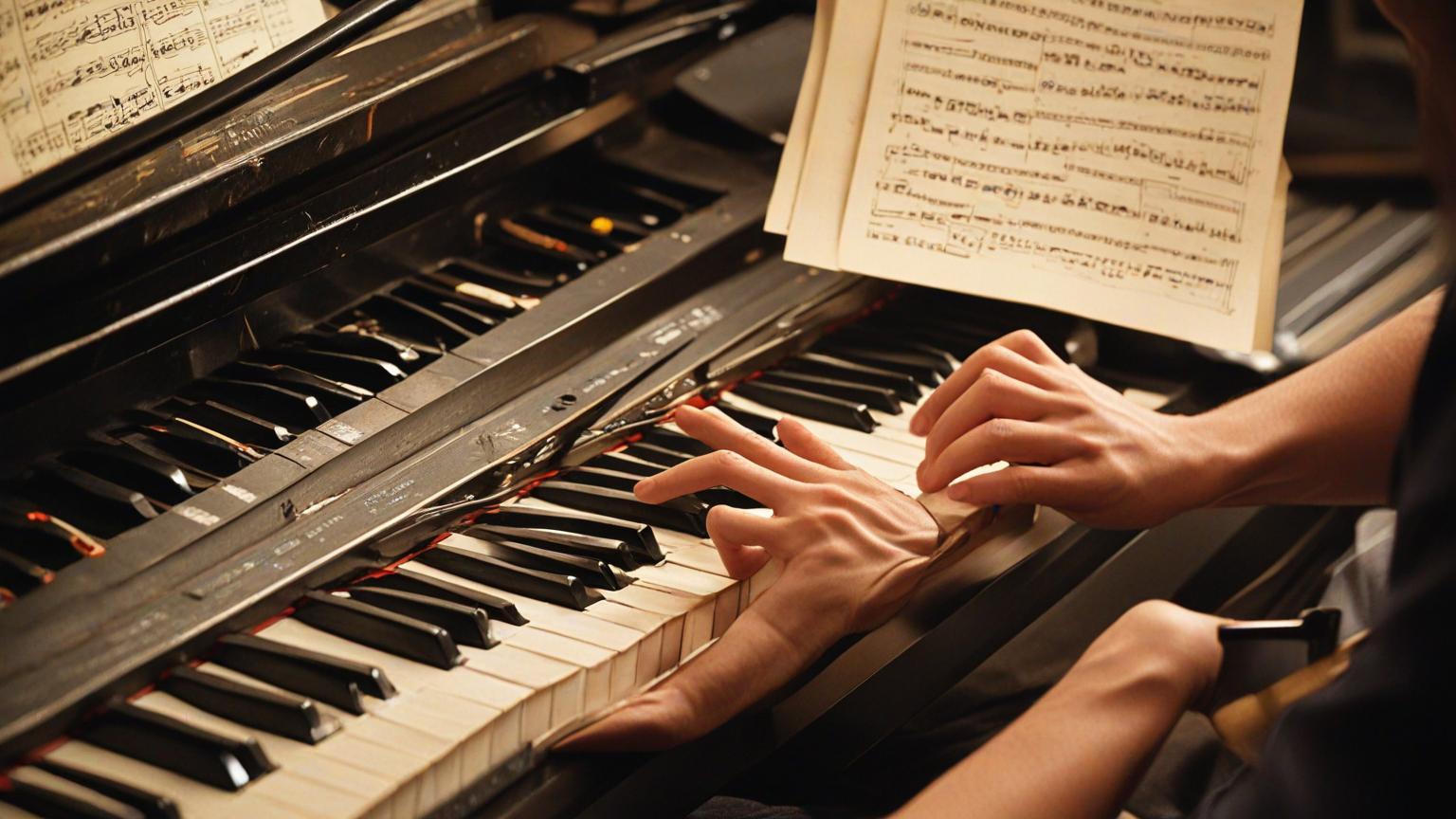In the world of cinema, where directors and actors often take the limelight, one group of creatives remains less celebrated, yet their contribution is no less significant. These are the composers and sound designers, whose work weaves through films, shaping emotional reactions and guiding audiences through storytelling in a way that visual elements alone cannot achieve. While much has been discussed about legendary names in the industry, a fresh crop of composers is currently shifting paradigms and redefining film music in ways worth noting.
One innovative figure making waves is Hildur Guðnadóttir, an Icelandic composer whose work in 'Joker' and the series 'Chernobyl' has been pivotal in demonstrating how soundtracks can transcend mere background music to become integral to narrative storytelling. Her use of haunting string arrangements and deep, resonant tones creates an ambiance that immerses viewers in psychological landscapes as gripping as the films' plots.
Yet, it’s not just about innovative sounds; it’s also the cultural integration within music that’s inspiring a deeper connection with audiences. Ramin Djawadi, known for his work on 'Game of Thrones,' continues to explore this with a mix of cultural influences, capturing global sounds that resonate with viewers from diverse backgrounds. His recent projects hint at a fascinating turn towards more personal, less traditionally 'Hollywood' scores.
Moreover, the digital arena has reshaped how soundtracks are created and consumed, with more composers releasing their work directly to streaming platforms. This accessibility has allowed independent composers to reach wider audiences and experiment with sounds that major studios might overlook. The democratization of soundtrack distribution ensures that unique voices can bring new textures to film music, challenging conventional norms and inspiring a new generation of composers.
Even with such innovations, the timeless magic of orchestral compositions remains powerful. The resurgence of live orchestral performances of film scores, such as those conducted by Hans Zimmer, showcases the enduring appeal of classical elements in contemporary scores. These performances allow audiences to experience the magic of film music in a new dimension, fostering a deeper appreciation for the artistry involved.
Furthermore, the collaboration between directors and composers has never been more central to the creative process. Take, for instance, the synergy between composer Michael Giacchino and director Matt Reeves in 'The Batman.' Their collaborative process illustrates the dynamic interplay between visual storytelling and musical narrative, culminating in a soundtrack that feels almost like a character within the film itself.
Perhaps the most fascinating aspect of modern film music is its influence beyond the realm of cinema. Soundtrack music has become a cultural touchstone, influencing other media forms such as video games, online content, and even live performance art. The boundaries between traditional film scores and popular music are dissolving, leading to scores that are not only integral to narrative arcs but also stand as independent works of art.
In today's rapidly evolving media landscape, the role of the composer is more critical than it has ever been. As storytelling broadens beyond traditional media platforms, composers like Guðnadóttir ensure that music remains a vital component, providing both a global language and an emotional compass. The future of film music is bright, filled with diversity, innovation, and an expanding understanding of sound as a universal storytelling tool.
The hidden genius behind soundtracks: composers changing the cinematic landscape

